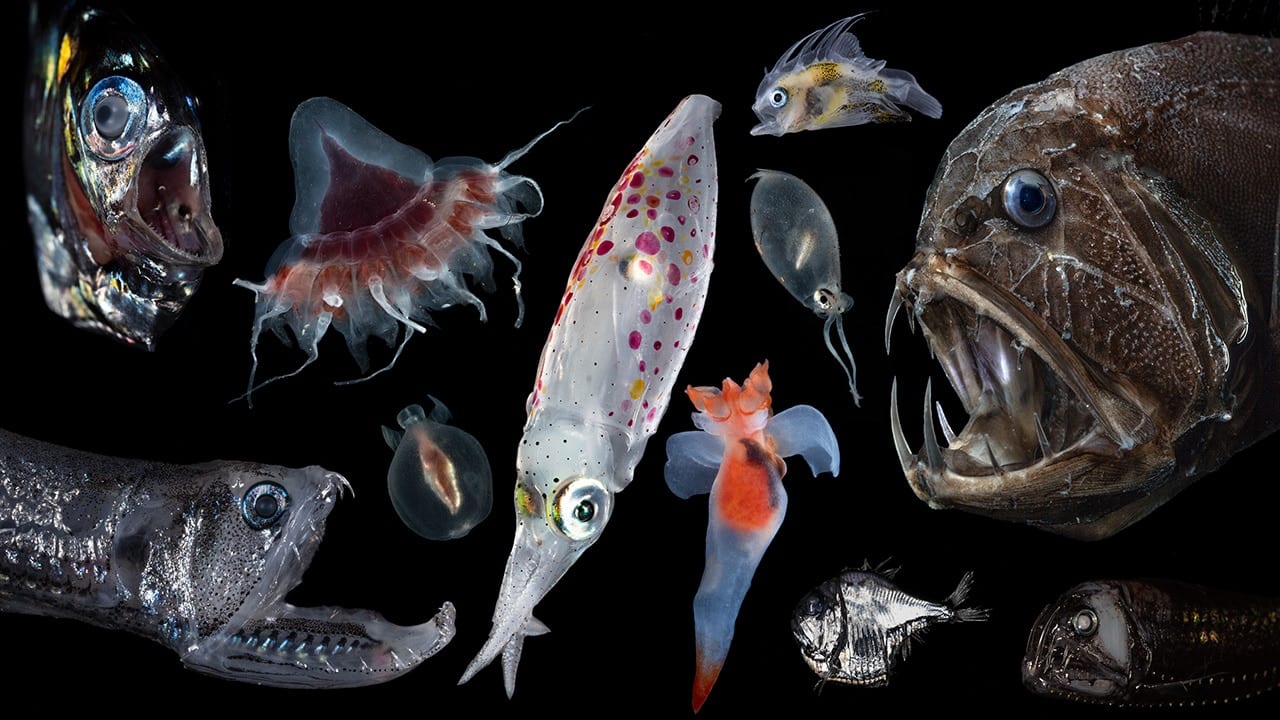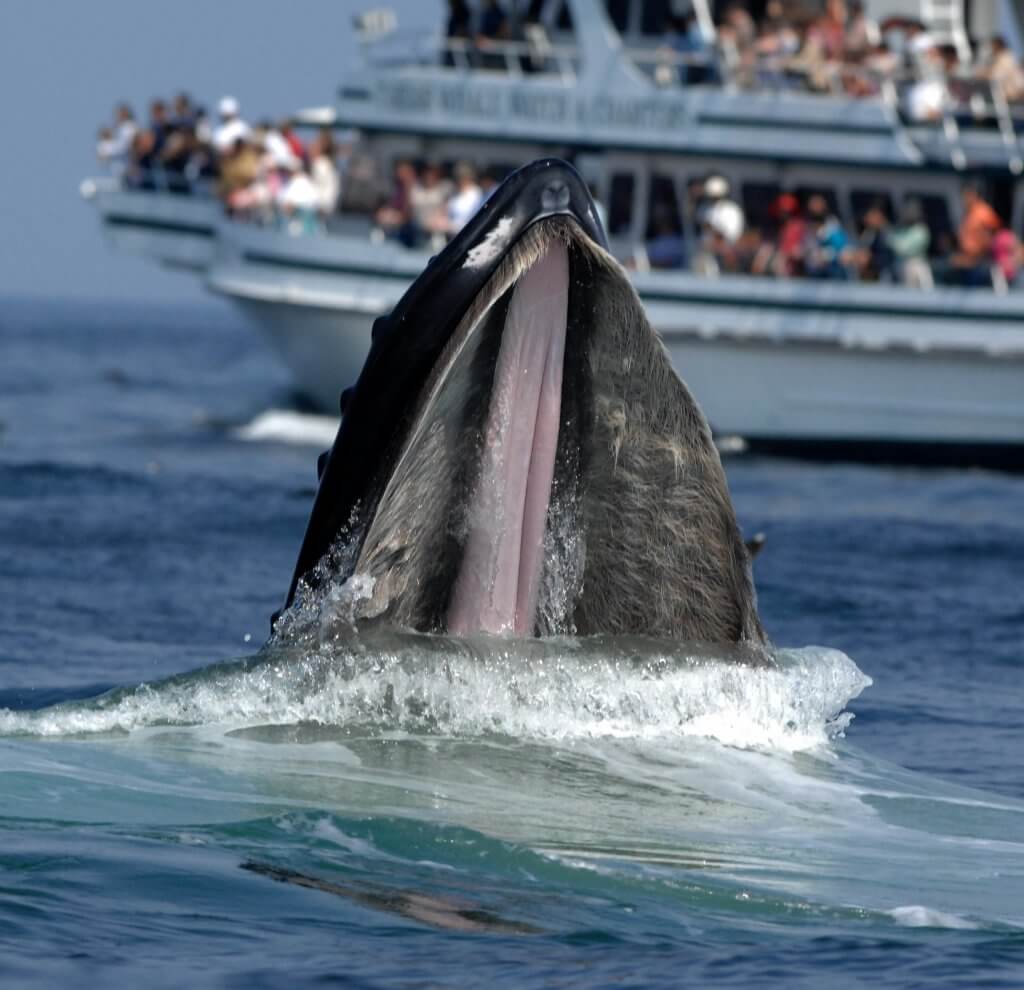Marine Animals Definition Biology

Marine biologists may have many different jobs including working with marine mammals eg a dolphin researcher studying the seafloor researching algae or even working with marine microbes in a lab.
Marine animals definition biology. Marine biology is the study of plants and animals that live in saltwater therefore a marine biologist is someone employed in that field of study. Marine biologists study a wide variety of aquatic organisms from microscopic plankton to massive whales. Collar cells- create moving force in a sponges body.
Spicules- skeletal elements that support a sponge. Given that in biology many phyla families and genera have some species that live in the sea and others that live on land marine biology classifies species based on the environment rather than on taxonomy. Marine biology is the study of marine organisms their behaviors and interactions with the environment.
It also deals with airborne and terrestrial organisms that depend directly upon bodies of salt water for food and other necessities of life. Marine biology the science that deals with animals and plants that live in the sea. It is the largest and most diverse biome in the world.
Archaeocytes- cells that move through the sponge. Marine biology synonyms marine biology pronunciation marine biology translation English dictionary definition of marine biology. The study of this biome and its components is known as marine biology while the scientists who study marine life are known as marine biologists.
Not only that but water provides a 3-dimensional habitat which increases the available habitat for the animals microbes and plants to live. Osculum- large opening that lets water out. As a marine biologist you may study a wide range of topics from the behavior physiology and ecology of specific groups of organisms to the interactions between human activity and aquatic environments.
So a marine biologist studies. Marine biologist definition is - a scientist who studies life in the sea. Earth is often referred to as the blue planet because seas and oceans cover more than 75 of the Earths surface.



















